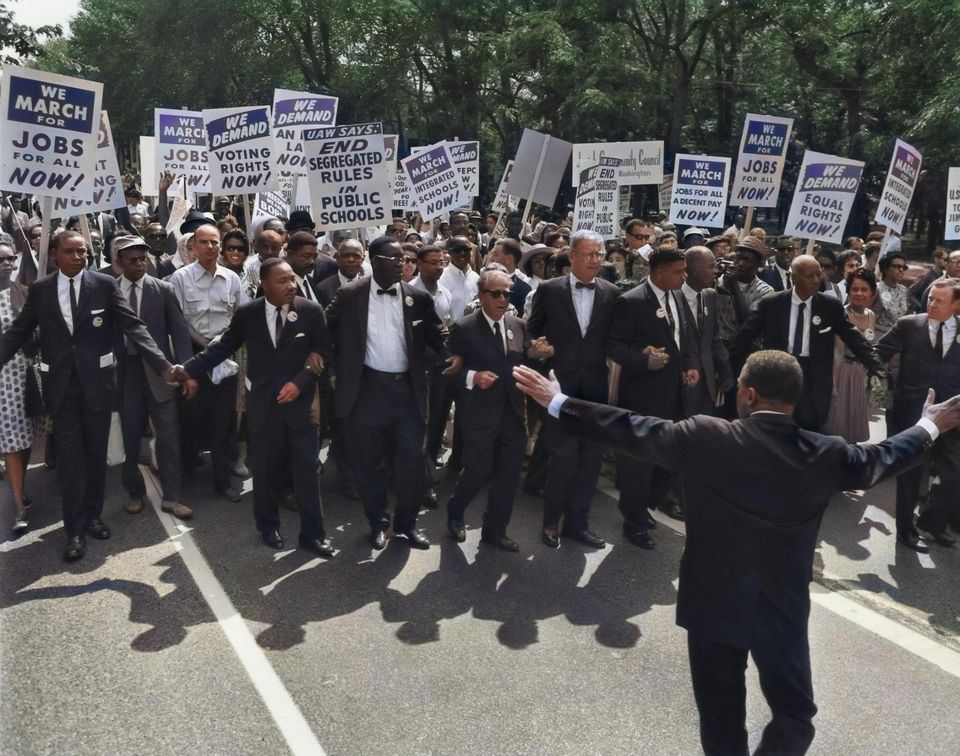January - Inspirational Moments
Dream to Advocate like Dr. King
“Life’s most persistent and urgent question is,
‘What are you doing for others?”
- Rev. Dr. Martin Luther King Jr.
Dr. Martin Luther King Jr. is known throughout history as one of the most influential civil rights leaders. A Baptist minister advocating for nonviolent means to end racial segregation, he sought equality and human rights for African Americans, the economically disadvantaged and all victims of injustice through peaceful protests.
He, much like our advocates and our mission, are engaged in their community and providing a voice for those facing disparities. In 2019 African American children in Bexar County represented about 13% of the general population, and about 22% of the children in foster care. Facing disproportionality on top of the trauma that comes from entering the foster care system, these kids desire a person who will speak up for them, just like many longed for someone like Dr. King.
Not only has the COVID 19 crisis disproportionately impacted communities of color, but it has also brought a heightened awareness to ensure our children in foster care have an advocate that provides a powerful voice. We all have seen the world change in front of our eyes, at times with an unclear path. As CASA Volunteers we often deal with similar feelings on our cases, put in situations we have never experienced.
The passion and dedication demonstrated by each Volunteer truly is the heart of our agency. Always working to maintain the child’s best interest. Though this year our visits and court hearings may look different, our mission has not changed. Our Volunteers have worked harder than ever to make impacts while navigating their cases with love and empathy.
This year, without a doubt, is historical and CASA continues to honor Dr. King’s legacy by recruiting and training a diverse group of advocates in order to mirror the diverse group of kids we serve. Our goal is to fill the void of disproportionality and support each advocate as they become a part of changing the lives of children who have faced child abuse and neglect.

In November 2025, Child Protective Services received a referral involving two sisters, ages 13 and 14, who were found caring for themselves. Following the death of their father, the girls experienced ongoing abuse and neglect. They were living in unsafe and unsanitary conditions, frequently left alone without adequate food, functioning plumbing, or consistent supervision, and were exposed to strangers regularly coming in and out of the home. Shortly after removal, Tameka Woolfolk was appointed as the Advocate on the case. From the very beginning, Tameka became one of the few consistent and reliable adults in the girls’ lives. The children experienced and continue to endure placement changes. These frequent transitions created ongoing instability and further complicated the girls’ ability to heal and adjust. Throughout each move, Tameka remained steadily involved, working diligently to ensure that the children’s services and support continued without interruption. She supports the girls not only emotionally, but physically as well helping pack their belongings at each move, accompanying them during school tours, and remaining readily available whenever they need support. Neither child was initially aware that they had the right to speak directly with the judge. Tameka recognized the importance of their voices being heard and with the support of the Ad Litem, helped to facilitate their presence at court, requesting that the judge meet with the girls in a breakout room, so they could personally express their wishes, all with the department, CASA and the Ad Litem by their side. In addition, this case was referred to Collaborative Family Engagement (CFE). During CASA’s ongoing exploration for family connections alongside the Department, Tameka discovered the children’s father’s obituary. Through this discovery, it was learned that the girls’ father had served in the United States Army as a combat medic during the Vietnam War and later worked for 30 years in civil service. Tameka took the initiative to request documentation, including VA records and a death certificate, to determine whether the children might be eligible for survivor benefits. The obituary also revealed that the girls are two of fourteen siblings. While many of the siblings were unable to provide support, CASA and the Department were able to establish contact with one brother. Through Tameka’s strong collaborative relationship with the Department and the Attorney Ad Litem, a thoughtful and appropriate plan was developed to allow the girls to begin visits with their brother, his wife, and their cousins. Although this story is still unfolding, both girls know one unwavering belief, that no matter what comes next, they know that Miss Tameka will continue to stand beside them every step of the way.








